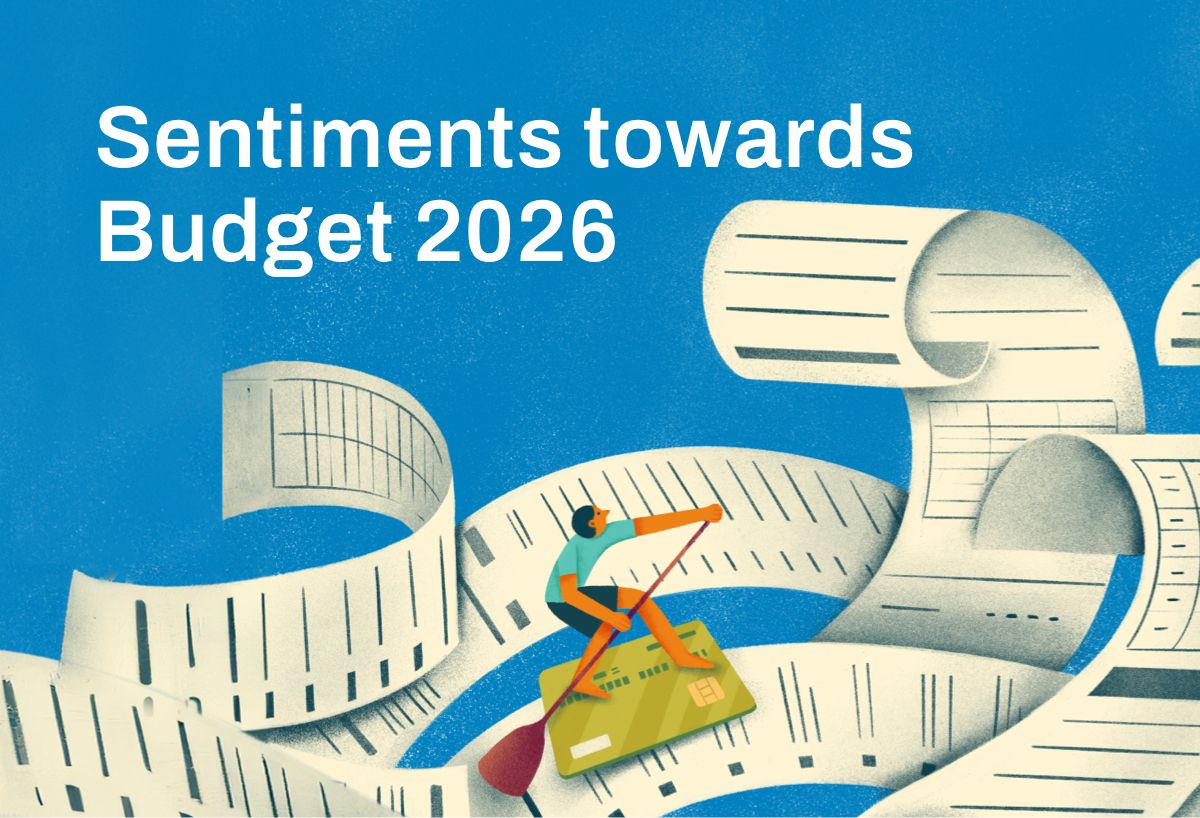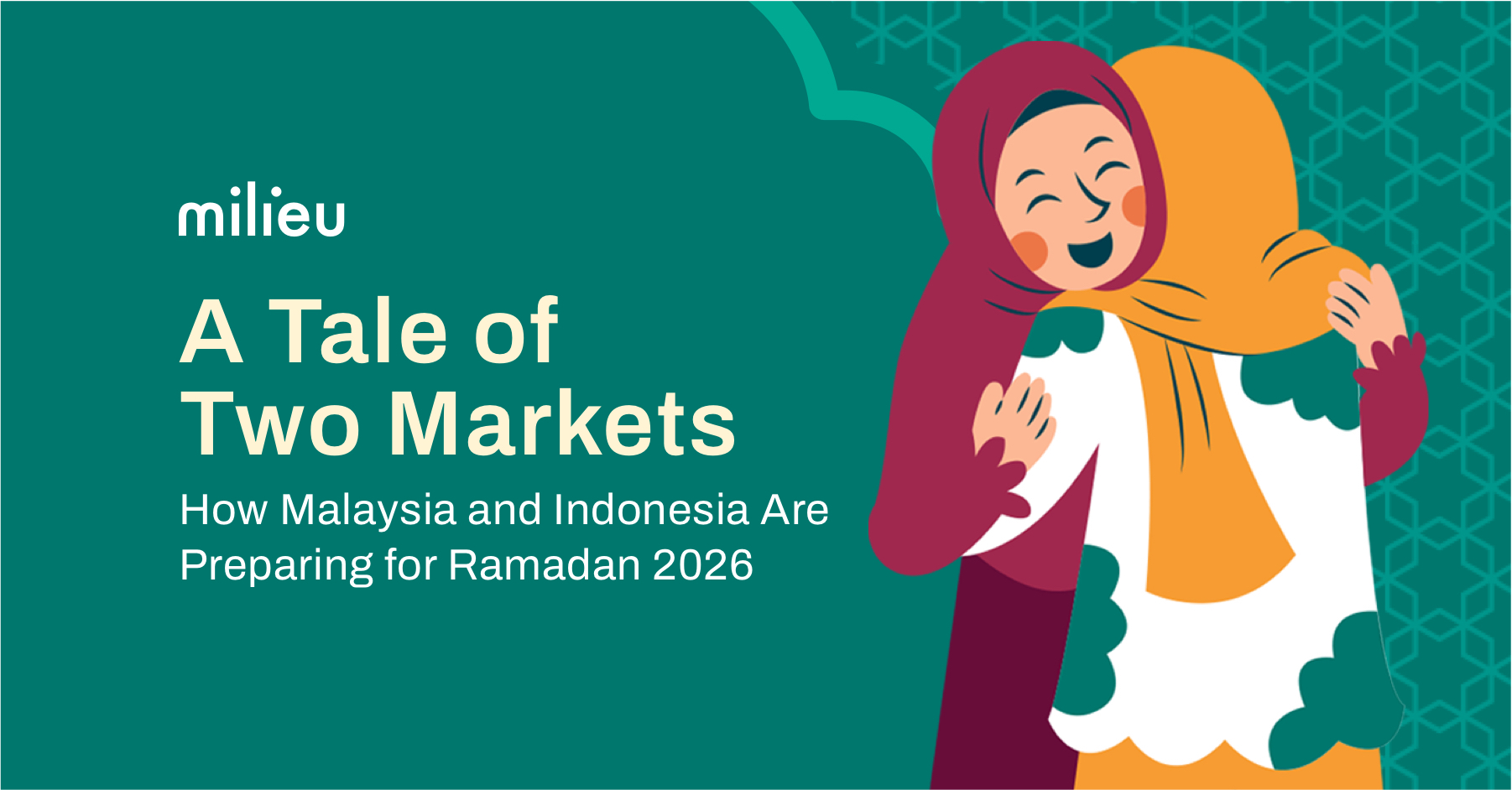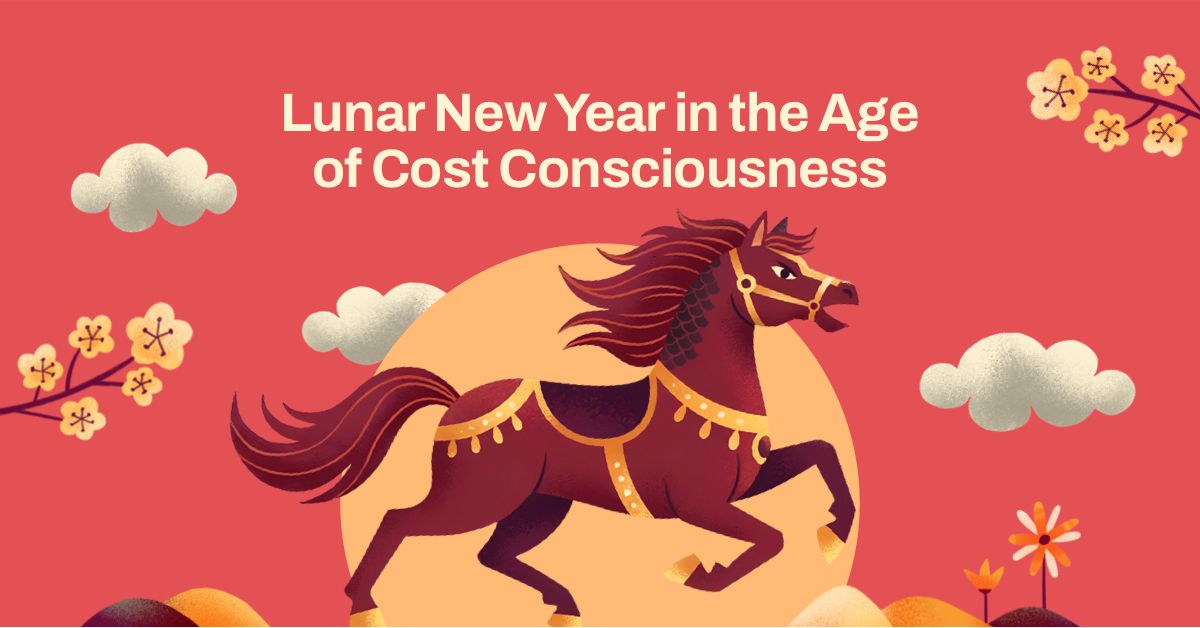Rejecting hustle culture isn’t lazy, it’s smart, says talent.

Insight featured on The Edge Malaysia.
Not so long ago, the “work hard, play hard” mentality seemed to be everywhere. Influencers across the media promoted waking up early and putting in more hours than anyone else as the ultimate path to success.
On the surface, their logic makes sense. Those who work the most deserve the greatest rewards, right?
But fast forward to today, and the hustle culture mindset has become a red flag for many young workers. The instinctive reaction among managers is to say young people don’t want to work anymore, but I believe there is something deeper at play. Maybe hustle culture was never the right approach to begin with, and a new generation of employees is simply looking for a better alternative.
Work hard, burn out
Research from the past few decades has shown the toll the hustle culture has taken on the health and well-being of employees.
In Southeast Asia, 50% of employees report experiencing burnout from work at least a few times a month, found a study conducted by consumer research company Milieu Insight, in collaboration with mental health tech company Intellect.
In Singapore, a country notorious for its glorification of the rise-and-grind mentality, half of the workforce claim to have a poor quality of life and a third suffer from lack of sleep, according to a study titled “Hustle Culture”.
Hustle culture promises greater achievement, social status and income — benefits that may seem attractive to many young workers.
However, an increasing percentage of Gen Z employees in particular are no longer willing to sacrifice their work/life balance for professional gain. It should come as no surprise that we have seen a proliferation of workplace trends like the “Great Resignation”, “quiet quitting” and most recently “lazy girl jobs”.
Employers interested in the talent the younger generation has to offer must first recognise that in most situations, putting in more hours is not the most effective way to perform better at work.
Tired, overworked, burned out employees are less creative and engaged. Long hours are not sustainable and can jeopardise the long-term career prospects of new employees. This is especially true in workplaces with poor productivity, redundant work processes and antiquated management techniques.
The signs of a coming countermovement are unmistakable. Deloitte’s 2023 Gen Z and Millennial Survey shows an increasing number of workers are prioritising job satisfaction and personal fulfilment over high salaries. Young employees want more flexibility around where and when they work. They want the hours they put in to mean something, to have a clear purpose. And who can blame them?
In this new paradigm, the most successful companies won’t be the ones that push their employees until they break, but rather those capable of creating an environment where all employees can do their best work.
A work environment that makes sense
Countering hustle culture does not mean employers should disregard productivity, but that they need to pursue a more nuanced approach by prioritising productivity and well-being simultaneously.
Holding open and honest conversations with employees can go a long way in understanding the conditions they need to do their best work. Companies should then adapt accordingly, by transforming their workplace policies, tools, processes and metrics for success.
From a policy standpoint, companies should consider flexible work arrangements. Some employees will work better when offered a hybrid workstyle, irregular work hours or even a shorter workweek.
More than ever, younger generations value output over occupancy and purpose over performance. Rather than pursuing longer work hours, managers need to think creatively about how to pursue results.
When wielded wisely, technology also has a role to play, by streamlining processes and liberating employees from the mundane, repetitive, low-engagement tasks characteristic of busy work.
No-code business tools in particular can go a long way in promoting autonomy and a sense of ownership, since even non-developers can build the exact tools they need to do their jobs. Combine this autonomy with clear and open communication — no more waiting for critical information to trickle down the corporate hierarchy — and employees will experience greater control over their output, and therefore feel more incentivised to commit to their work.
The refrain of “the new generation is too lazy and doesn’t want to work” is as misguided today as it was when factory owners used it in the 19th century. If we put in the effort to listen carefully, the only thing young employees are asking for is more meaningful work, with enough time to rest and recover. They were raised in an era of unprecedented digital resources and are sensitive to when existing hierarchies and processes don’t make sense, impede productivity or simply waste their time.
In my experience, Gen Z workers are willing to work just as hard and contribute just as creatively as any other generation. Their only condition is that their hard work also has to be smart work.
Milieu Insight is a reputable online survey software and consumer research service that helps businesses make informed decisions based on consumer insights.

Author
Milieu Team
At Milieu, we’re a team of curious minds who love digging into data and uncovering what drives people. Together, we turn insights into stories—and stories into action. We also run on coffee, deadlines, and the occasional meme.





